
The Ministry of Education and Training has issued Circular No. 02/2025/TT-BGDDT regulating the Digital Competency Framework for learners, effective from March 11, 2025.
The Ministry of Education and Training said that the purpose of using the Digital Competency Framework is to serve as a basis for developing training program standards; building and developing educational programs; building learning materials and guidance documents to develop digital competencies for learners. As a basis for assessing the requirements and achievements of learners' digital competencies in educational programs; developing criteria for testing, evaluating and recognizing learners' digital competencies.
At the same time, ensure consistency in digital competency requirements for learners; serve as a basis for comparison or reference between educational programs and digital competency frameworks.
The Digital Competency Framework for Learners is a system that describes the skills and knowledge needed for learners to use digital technology effectively in their studies, work, and life. This competency framework helps identify levels of digital proficiency and encourages the development of appropriate skills in a digital context.
This Circular applies to educational institutions, educational and training programs (collectively referred to as educational programs) and learners in the national education system; relevant organizations and individuals.
Digital Competency Framework Structure for Learners
The digital competency framework for learners includes 6 competency domains with 24 component competencies, divided into 4 levels from basic to advanced according to 8 levels.
The competency domains are summarized as follows:
(1) Data and information mining: Focuses on the ability to search, filter, evaluate, and manage data, information, and digital content; including skills to identify reliable sources of information, organize data effectively, and use them to support decision making or problem solving in digital environments.
(II) Communication and collaboration in digital environments: Emphasizes the ability to use digital technology to interact, share information, work in teams and participate in online communities; including skills such as communicating effectively through digital channels, respecting cultural diversity, managing digital identities and promoting collaboration in digital environments.
(III) Digital content creation: Focuses on the ability to create, edit and share digital content; including skills such as developing new content, applying copyright and licensing, basic programming and integrating knowledge from multiple sources to create relevant and creative digital products.
(IV) Safety: Focuses on protecting data, devices, health and the digital environment; including skills such as personal information security, cyber risk management, safe use of digital technology, ensuring mental and physical health when interacting in the digital environment and promoting responsibility for protecting the digital environment.
(V) Problem Solving: Focuses on the ability to think critically and creatively to identify, analyze and solve problems in the digital environment; including skills such as technical troubleshooting, learning new technologies, adjusting digital needs to achieve goals and using technology to innovate or solve practical challenges.
(VI) Artificial Intelligence Applications: Focuses on understanding, using, and evaluating artificial intelligence (AI) tools and systems ethically and responsibly; including skills such as recognizing how AI works, applying AI to practical tasks, assessing the ethical and social impacts of AI, and ensuring the use of AI in a transparent, equitable, and responsible manner.
The Circular clearly states that state management agencies on education develop plans and deploy the Digital Competency Framework according to their assigned functions and tasks.
Educational institutions exercise professional and academic autonomy in building and developing educational programs. Accordingly, based on the provisions of the Digital Competency Framework, they conduct research, supplement and update digital competency requirements for learners in the programs, learning materials, and guidance documents, and ensure the necessary conditions for implementing the Digital Competency Framework according to the instructions and guidance of superior management agencies and current legal regulations.
This Circular takes effect from March 11, 2025.
Source: VGP
Source: https://phunuvietnam.vn/bo-giao-duc-va-dao-tao-ban-hanh-khung-nang-luc-so-cho-nguoi-hoc-2025020611165862.htm













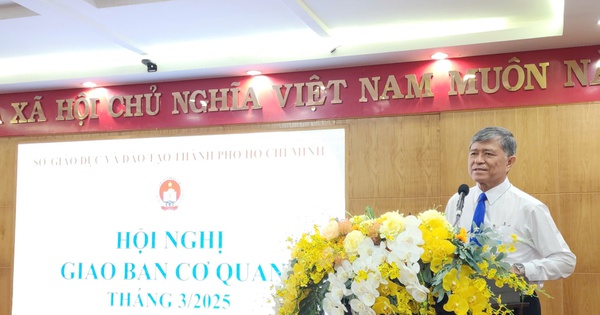





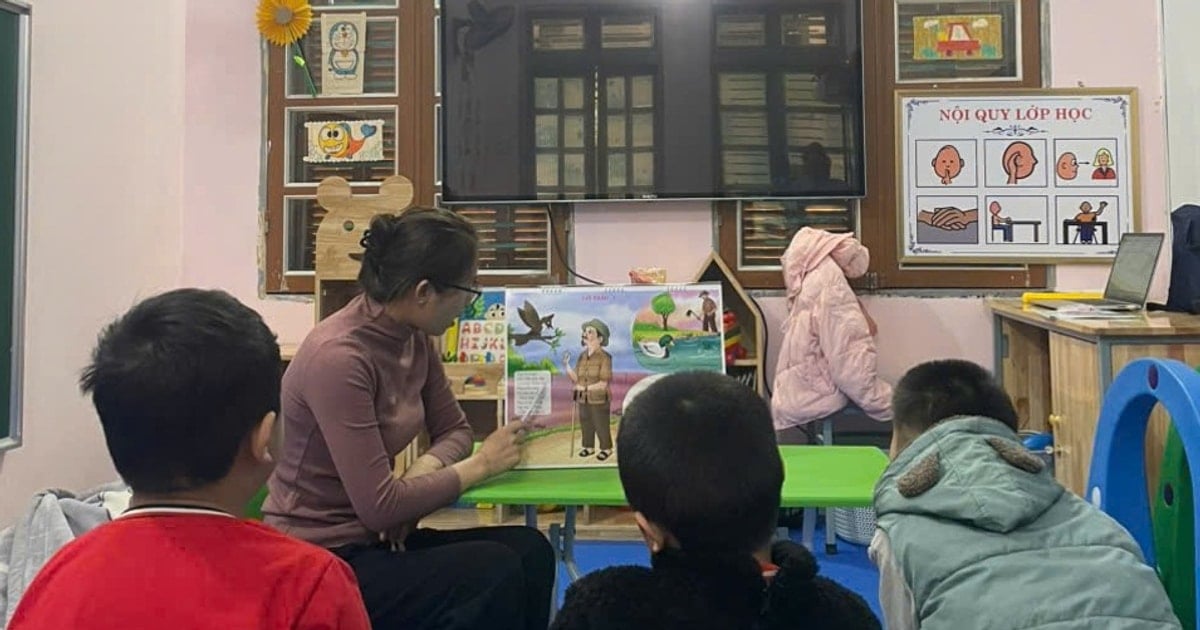


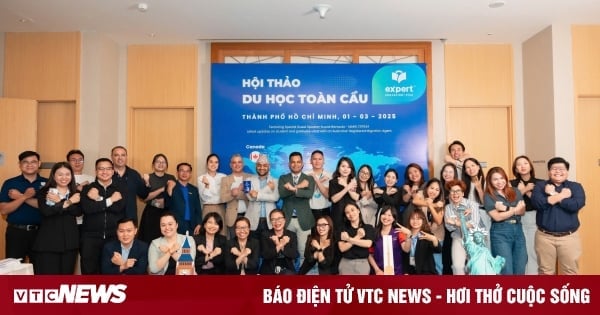






















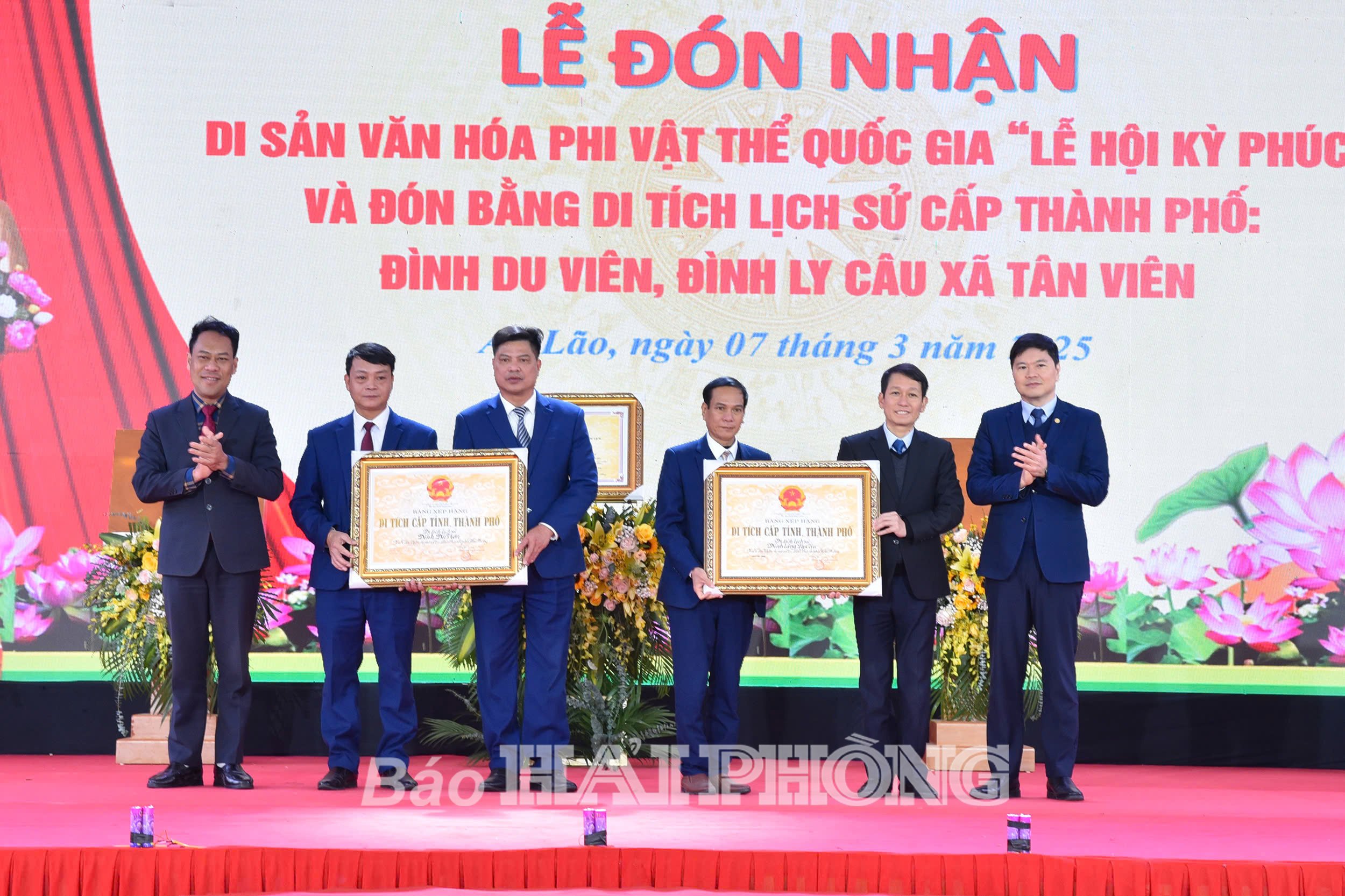




























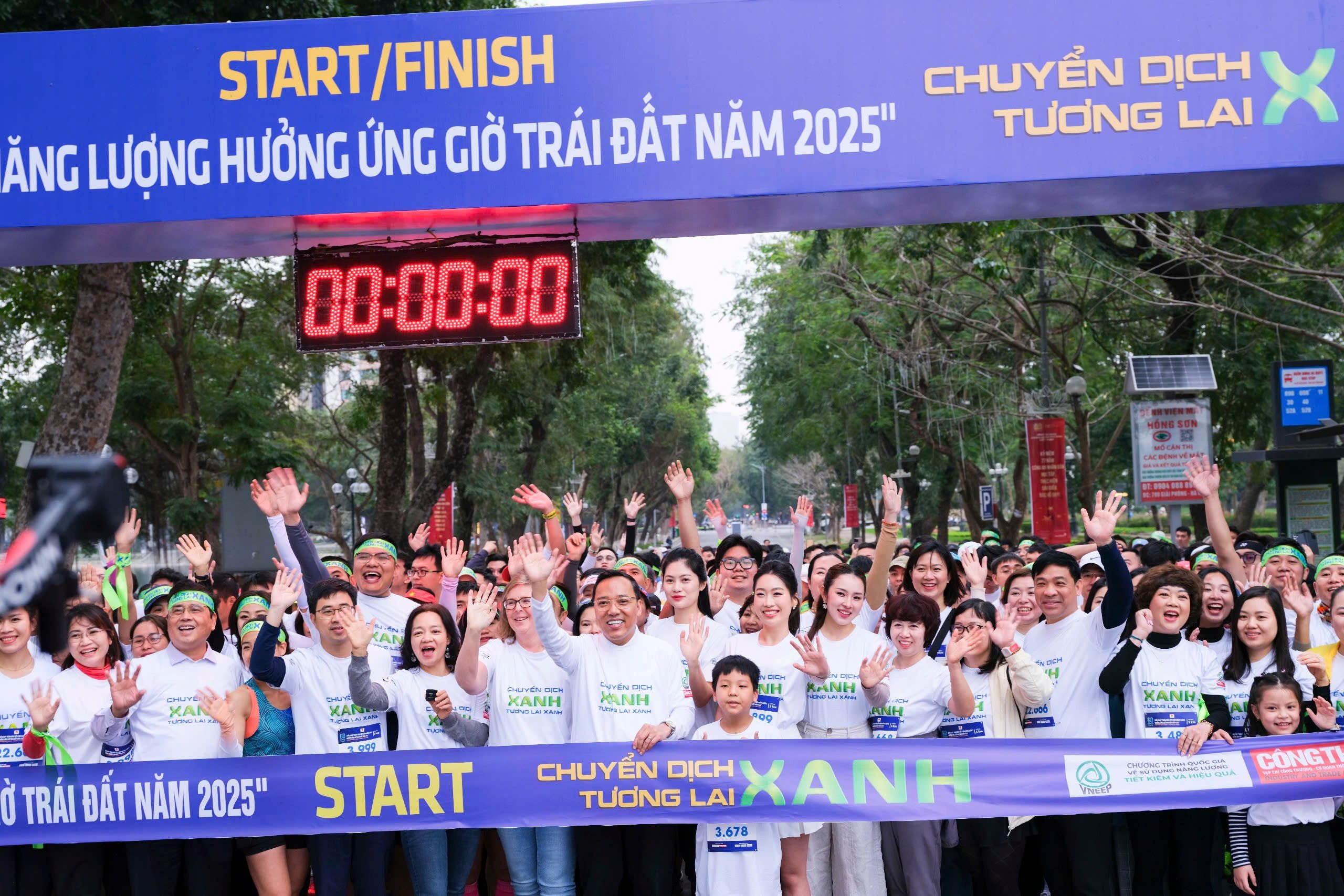


















Comment (0)